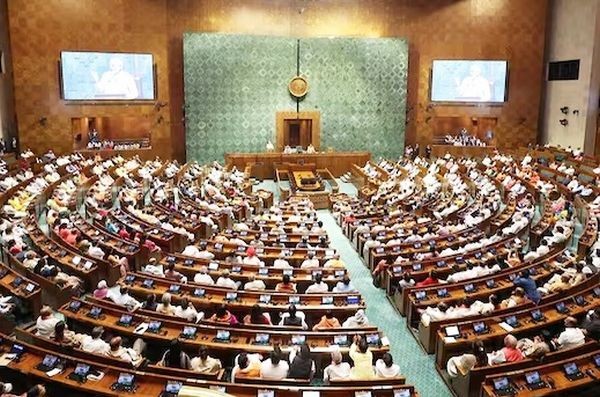WORLD NEWS

Budapest, Hungary — In a significant shift in Hungary’s foreign policy, the government has officially announced its decision to withdraw from the International Criminal Court (ICC), a move that comes in the wake of the ICC issuing an arrest warrant for Israeli Prime Minister Benjamin Netanyahu over alleged war crimes related to the Gaza conflict.
Viktor Orban, Hungary's Prime Minister, welcomed Netanyahu to Hungary shortly after the warrant was issued in November 2024. The decision to begin the withdrawal process was made public by Gyorgy Gulyás, the chief of staff to Prime Minister Orban, who confirmed the government’s action on Facebook on Thursday. Gulyás stated that Hungary’s withdrawal would proceed according to the constitutional and international legal framework, and that the official process would begin immediately.
Hungary’s Motivations and Prior Actions
Hungary’s decision to leave the ICC has been framed in the context of its growing skepticism toward international organizations. In February 2024, Prime Minister Orban voiced his concerns on X (formerly Twitter) about Hungary’s continued participation in global institutions that are subject to US sanctions, particularly in light of sanctions imposed on ICC prosecutor Karim Khan by the Trump administration.
“We need to consider why we are part of a global organization that is under US sanctions,” Orban had stated. The Hungarian prime minister's relationship with Netanyahu, which has been supportive, has further fueled tensions with international legal norms, especially after the ICC’s arrest warrant against Netanyahu.
Hungary's Legal Obligations and the Withdrawal Process
As the announcement came just before Netanyahu’s visit to Hungary, speculation about the political motives behind the withdrawal decision has surfaced. Reports indicate that Orban’s party holds a majority in the Hungarian parliament, which is expected to approve the withdrawal bill soon. However, the ICC withdrawal will not be instantaneous. The legal process requires any withdrawing nation to submit a formal notice to the United Nations Secretary-General, after which the withdrawal will take effect in one year.
While Burundi and the Philippines have previously withdrawn from the ICC, Hungary's decision marks a significant shift in European relations with the court. The ICC has responded to Hungary's move by reminding the government of its obligations to cooperate with the court’s proceedings. ICC spokesperson Fadi Abdullah reiterated that Hungary remains bound to fulfill its international commitments in accordance with the court’s statutes.
Tensions in Global Diplomacy
The Hungarian government’s decision to sever ties with the ICC is part of a broader trend of increased nationalism and skepticism toward international institutions that have been seen as infringing on national sovereignty. This development could have significant repercussions for Hungary's role in international diplomacy, particularly in relation to its ties with the European Union and Israel.
As the ICC continues its investigation into alleged war crimes in Gaza, and with Hungary's growing alliance with Israel, this move by Budapest signals a new chapter in the shifting geopolitical landscape of Europe.



